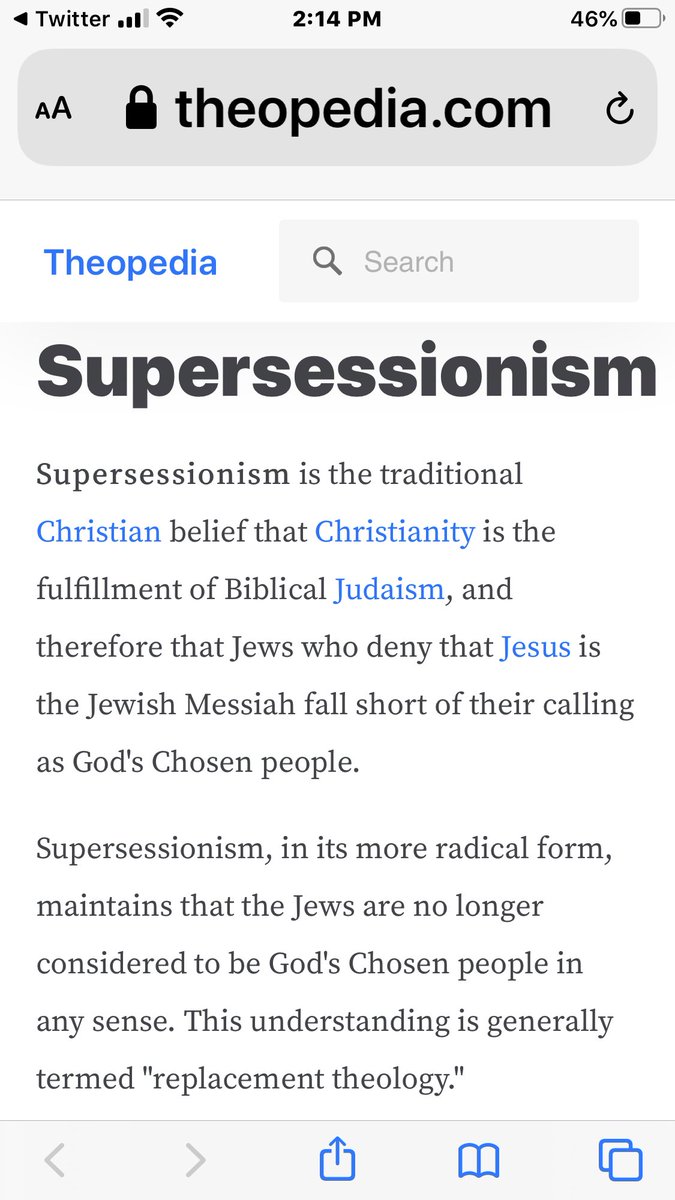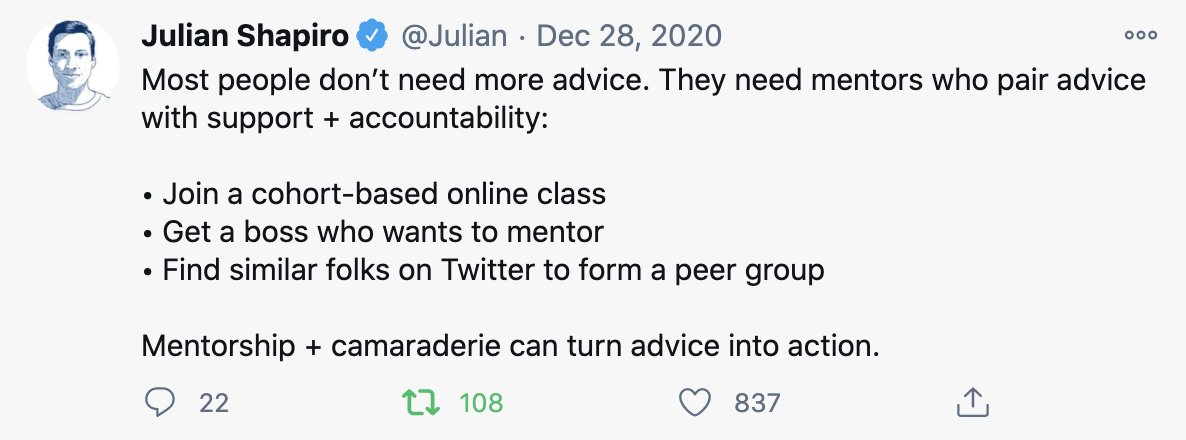I didn't drink alcohol for 2020 and now I want to talk about it in a long twitter thread that should probably just be a blog post, but here goes:
(I get into topics like alcohol abuse, mental illness, homphobia, and parental death, just fyi)
My mom once yelled at a wine steward for not letting my then-17-year-old brother have a glass of wine with our dinner.
Plus, they’re fun to drink and usually taste delicious and accompanied most major rituals in my life: birthday, Christmas, weddings, funerals…


Then I would crash and be out of commission for a few days.
More from Twitter
A lot of people are trying to figure out what UCP means by putting this biblical quote out into the twitter verse at Christmas.
Many have piped up with commentary and criticized the mix of religion and politics. A convention long held in Canada.
The quote is often repeated at Christmas. “A child is born...” makes reference to the birth of Jesus. Makes sense.
But what does it mean?
Christians (and other religious observers with their religious texts) have made an art form out of interpreting what passages mean.
To those most radically devout (some might say zealously faithful), hidden divine meanings are gleaned from “correctly” reading the bible.
That’s what Dominionists believe. That god himself wrote the bible. Through inspiration of the actual authors, & only they can interpret.
And thus, the “inerrant“ bible serves as a strict road map to save ones soul.
Many devout Christians view the passage as a prophecy made centuries before the birth of Christ. A promise made by god through one of his prophets. Jews interpret the passage very differently.
The Anglican Priest is (obviously) correct about this being supersessionism, and a form of Anti-Semitism.
Troublesome as it is for a Canadian provincial govt to be tweeting out Anti-Semitic propaganda, that’s not the only meaning this passage has for Dominionist Christians.

Many have piped up with commentary and criticized the mix of religion and politics. A convention long held in Canada.
As a Priest and Bishop-Elect, I\u2019d ask that the UCP send Christmas greetings without the wholly inappropriate inference of divine sanction for their government. There are so many things wrong with their use of these words from the Prophet Isaiah it\u2019s hard to know where to start. https://t.co/rwOxVzvnI5
— Anna Greenwood-Lee (@AnnaGreenwoodL1) December 27, 2020
The quote is often repeated at Christmas. “A child is born...” makes reference to the birth of Jesus. Makes sense.
But what does it mean?
Christians (and other religious observers with their religious texts) have made an art form out of interpreting what passages mean.
To those most radically devout (some might say zealously faithful), hidden divine meanings are gleaned from “correctly” reading the bible.
That’s what Dominionists believe. That god himself wrote the bible. Through inspiration of the actual authors, & only they can interpret.
And thus, the “inerrant“ bible serves as a strict road map to save ones soul.
Many devout Christians view the passage as a prophecy made centuries before the birth of Christ. A promise made by god through one of his prophets. Jews interpret the passage very differently.
The Anglican Priest is (obviously) correct about this being supersessionism, and a form of Anti-Semitism.
Troublesome as it is for a Canadian provincial govt to be tweeting out Anti-Semitic propaganda, that’s not the only meaning this passage has for Dominionist Christians.

You May Also Like
Trending news of The Rock's daughter Simone Johnson's announcing her new Stage Name is breaking our Versus tool because "Wrestling Name" isn't in our database!
Here's the most useful #Factualist comparison pages #Thread 🧵

What is the difference between “pseudonym” and “stage name?”
Pseudonym means “a fictitious name (more literally, a false name), as those used by writers and movie stars,” while stage name is “the pseudonym of an entertainer.”
https://t.co/hT5XPkTepy #english #wiki #wikidiff
People also found this comparison helpful:
Alias #versus Stage Name: What’s the difference?
Alias means “another name; an assumed name,” while stage name means “the pseudonym of an entertainer.”
https://t.co/Kf7uVKekMd #Etymology #words
Another common #question:
What is the difference between “alias” and “pseudonym?”
As nouns alias means “another name; an assumed name,” while pseudonym means “a fictitious name (more literally, a false name), as those used by writers and movie
Here is a very basic #comparison: "Name versus Stage Name"
As #nouns, the difference is that name means “any nounal word or phrase which indicates a particular person, place, class, or thing,” but stage name means “the pseudonym of an
Here's the most useful #Factualist comparison pages #Thread 🧵

What is the difference between “pseudonym” and “stage name?”
Pseudonym means “a fictitious name (more literally, a false name), as those used by writers and movie stars,” while stage name is “the pseudonym of an entertainer.”
https://t.co/hT5XPkTepy #english #wiki #wikidiff
People also found this comparison helpful:
Alias #versus Stage Name: What’s the difference?
Alias means “another name; an assumed name,” while stage name means “the pseudonym of an entertainer.”
https://t.co/Kf7uVKekMd #Etymology #words
Another common #question:
What is the difference between “alias” and “pseudonym?”
As nouns alias means “another name; an assumed name,” while pseudonym means “a fictitious name (more literally, a false name), as those used by writers and movie
Here is a very basic #comparison: "Name versus Stage Name"
As #nouns, the difference is that name means “any nounal word or phrase which indicates a particular person, place, class, or thing,” but stage name means “the pseudonym of an
1/“What would need to be true for you to….X”
Why is this the most powerful question you can ask when attempting to reach an agreement with another human being or organization?
A thread, co-written by @deanmbrody:
2/ First, “X” could be lots of things. Examples: What would need to be true for you to
- “Feel it's in our best interest for me to be CMO"
- “Feel that we’re in a good place as a company”
- “Feel that we’re on the same page”
- “Feel that we both got what we wanted from this deal
3/ Normally, we aren’t that direct. Example from startup/VC land:
Founders leave VC meetings thinking that every VC will invest, but they rarely do.
Worse over, the founders don’t know what they need to do in order to be fundable.
4/ So why should you ask the magic Q?
To get clarity.
You want to know where you stand, and what it takes to get what you want in a way that also gets them what they want.
It also holds them (mentally) accountable once the thing they need becomes true.
5/ Staying in the context of soliciting investors, the question is “what would need to be true for you to want to invest (or partner with us on this journey, etc)?”
Multiple responses to this question are likely to deliver a positive result.
Why is this the most powerful question you can ask when attempting to reach an agreement with another human being or organization?
A thread, co-written by @deanmbrody:
Next level tactic when closing a sale, candidate, or investment:
— Erik Torenberg (@eriktorenberg) February 27, 2018
Ask: \u201cWhat needs to be true for you to be all in?\u201d
You'll usually get an explicit answer that you might not get otherwise. It also holds them accountable once the thing they need becomes true.
2/ First, “X” could be lots of things. Examples: What would need to be true for you to
- “Feel it's in our best interest for me to be CMO"
- “Feel that we’re in a good place as a company”
- “Feel that we’re on the same page”
- “Feel that we both got what we wanted from this deal
3/ Normally, we aren’t that direct. Example from startup/VC land:
Founders leave VC meetings thinking that every VC will invest, but they rarely do.
Worse over, the founders don’t know what they need to do in order to be fundable.
4/ So why should you ask the magic Q?
To get clarity.
You want to know where you stand, and what it takes to get what you want in a way that also gets them what they want.
It also holds them (mentally) accountable once the thing they need becomes true.
5/ Staying in the context of soliciting investors, the question is “what would need to be true for you to want to invest (or partner with us on this journey, etc)?”
Multiple responses to this question are likely to deliver a positive result.






















